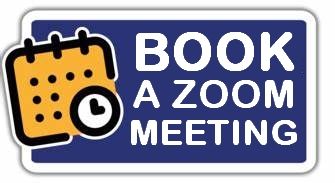Negotiation excellence
"In life you don't get what you deserve, but what you negotiate." Knowing how to negotiate is essential, especially in sales. For some people negotiating is an unpleasant struggle (nec otium).
For others it is an art and a method.
This course trains learners in a methodical and practical way to control and master negotiations.
- Know how to prepare intelligently for a negotiation
- Know your negotiation style, and know how to change it according to the situation and the objectives you are pursuing
- Adopt a structured method to be ready for any eventuality
- Practise and correct yourself
- Sales Managers
- Sales people
- Application specialists
- Key-Account Managers
- 12 participants max.
- Mastery of the basics of sales
Negotiation and negotiator styles
Training
- Identify your negotiation style, strengths and weaknesses
- Know how to define the objectives of a negotiation and the style to adopt
- Create a constructive climate conducive to a lasting relationship, even in the face of strong pressure from the other side
- Difference between 'position' and 'interests
- Fully understand the needs, direct and indirect, of the other party and the ZOPA, 'Zone of Possible Agreement
- Identify the other party's options during the negotiation
- Measure the consequences of a 'no’.
- Defining BATNA, the best alternative to no agreement at all
- Creating and selling the value of the options we offer
- Defining our final objectives, the negotiable and the non-negotiable
- Define the order of the points to be negotiated, the trade-offs and the stops
- Recognise and adapt to opposing negotiation styles
- Identify and deal with adversarial negotiation tactics
- Ask for and obtain the necessary agreements, in the right order
Training
- Supervised role plays in pairs using concrete cases
- Thomas-Kilmann conflict and negotiation self-assessment
- Group tasks and discussions to develop tools and techniques
- Role-playing to make each participant aware of his or her own practices to be improved
- Inductive facilitation to encourage active participation
- Individual coaching during the trainingPersonal action plan

